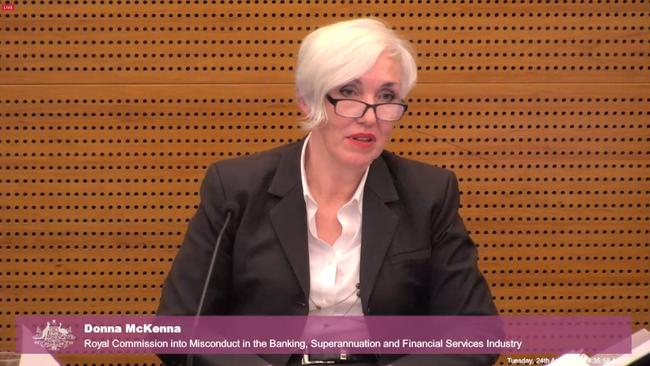Cautionary tale for employers grappling with remote work
Fair Woork ruling shows the importance of managers not losing their cool with employees.

A Fair Work ruling in favour of a Sydney sales representative sacked for working from home on company-mandated office days is a cautionary tale for employers grappling with the complexities of hybrid work in 2024.
While the case is a talking point among managers and workers, employment lawyers say the decision to compensate the worker, Tom Moro, more than $26,000, does not represent a legal precedent for our decentralised workplaces.
Indeed, the decision has much in common with a plethora of unfair dismissal cases where the commission has found against a company because a manager has lost his cool and not afforded procedural fairness to a worker before firing them.
Mr Moro’s then employer, e-commerce firm Insider AU had instituted mandatory in-office attendance days on Monday and Wednesdays, but Moro made it “plain and simple” he did not want to work at the office.
On August 30 last year, Mr Moro updated the work calendar to tell colleagues he was working from home, but did not communicate his intention by the more usual means of WhatsApp.
The company’s regional director Tunc Bolluk messaged Mr Moro to ask where he was, and he replied that he was working from home as a tradesperson was at his property fixing his dishwasher.
Mr Bolluk replied: “Sorry Tom, I’m calling BS on this. This is not good enough – you are supposed to give us a heads up WAY in advance as opposed to having me chase you like this.”
Mr Moro said Mr Bolluk telephoned him the following day and said “you clearly don’t want to come into the office – it is best to part ways”.
He told Mr Moro his employment would end a day later.
Ruling the dismissal “bereft of procedural fairness”, Fair Work Commissioner Donna McKenna found Mr Bolluk did not issue Mr Moro with a warning or give any reason for seeking his resignation other than him not coming into the office and working from home on August 30.
Leading up to the dismissal, Mr Moro said he was intending to resign to travel, but swiftly withdrew the resignation.
Ms McKenna said the move probably, from the company’s perspective “cast a pall over the relationship as to what might have been considered (his) longer term commitment to the business”.
“I also consider that the irritant of the applicant’s unilateral advice that he would again be working from home on 30 August 2023, being an in-office day, was the trigger for the dismissal,” Ms McKenna said. Michael Byrnes, partner at law firm Swaab, says “in a lot of these unfair dismissal cases, what happens is essentially the employer loses it”.
“There’s this visceral, immediate emotional reaction to something that’s occurred and rather than drawing a breath, and considering the situation objectively and sensibly, and perhaps exploring the circumstances and affording the employee procedural fairness, there’s a knee-jerk reaction in which the employee is not afforded procedural fairness and their employment is terminated,” Mr Byrnes says
“Even though there might be some legitimacy or basis to the grievance that the employer has with the employee’s performance or conduct, nevertheless, because they have not engaged in a proper process or procedure, they are almost on a hiding to nothing when it comes to the Fair Work Commission.
“And while the commission might be sympathetic to some of the grievances that the employer has with the employee, they nevertheless find the dismissal was unfair because of procedural deficiencies.”
Mr Byrnes says that while employers, mindful of the tight labour market, have extended flexibility to employees to work from home, commission decisions have confirmed that workers do not have an automatic right to work away from the office.
“The commission has made it clear that there are reasons why employers may want employees to work from the office, particularly in circumstances where the employee is providing training or coaching or mentoring of staff or indeed where the employee requires training, coaching or mentoring,” he says.
“Where personal contact is important, the commission has held that’s going to be a factor in determining whether a direction for an employee to attend a workplace is a reasonable direction.”







